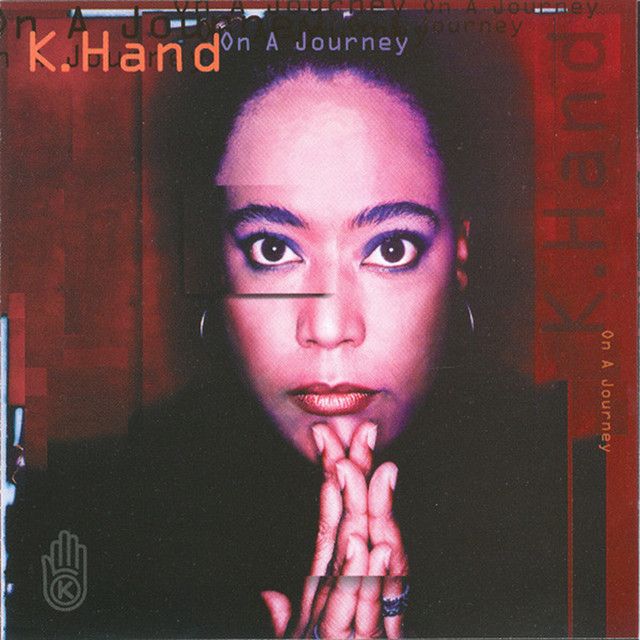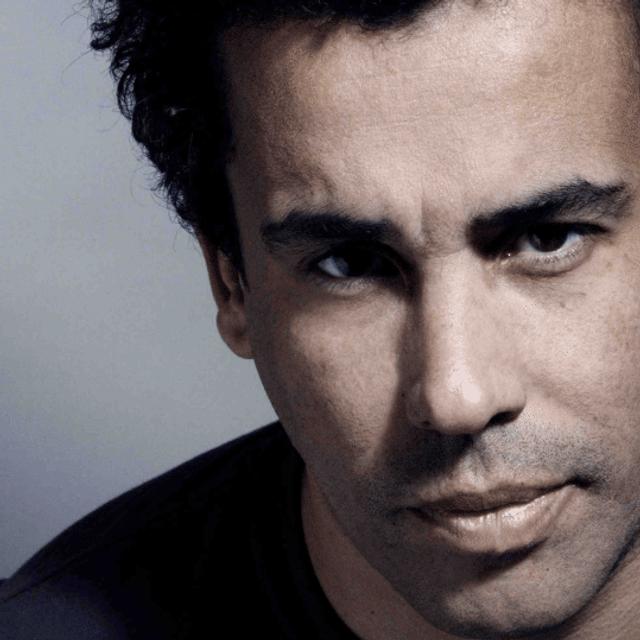Artist Spotlight
To watch Miss Nine—aka Kristin Schrot—DJ is to understand how the multi-hyphenate creative approaches her life. She rarely spends a moment at rest, a constant ball of energy, absorbing every beat exuding pure joy and positive energy from her core. She moves fluidly from DJing at lauded venues like Nikki Beach, Pacha, and Space and releasing with labels like her own 925 imprint, Yoshitoshi, Flamingo, and Be Yourself to modeling for Tommy Hilfiger and advocating for the rights of girls around the world. And all with a positive, life-affirming spirit and an overwhelming streak of honesty. And all the interest of improving the lives of others and spreading joy as far as she can. She was raised in East Germany before the Berlin Wall fell. She fondly remembers sitting in the backseat of her parent's car in the ‘80s listening to bands like Nena on the radio. Her sensory memories are her strongest, like when she tasted cuties for the first time one Christmas. "We had family in the west part of Germany. So, they invited us, and they had mandarins. And they were so sweet. I never ate a mandarin before. So, I almost ate like a whole net. And I remember the taste today.” She says growing up with so little was a benefit to her budding creative mind. “I think I'm actually very lucky to grow up in such an environment. We didn't need much to actually be happy. I remember [my mother] could put me into a room with a piece of paper and I could play for hours with a pen and a piece of paper. So basically, making something out of nothing or working with limited tools. And this is when creativity comes to life.” When the wall fell, a whole new world opened to her as Western culture flooded the former soviet side of Germany. The influence spread quickly to music as techno created a vibrant scene, and her older brother made sure that she was there to take it in. Her mother was a nurse and often left Schott at home with him while she worked 24-hour shifts. He introduced her to soulful house and planted a seed. However, expectations were high in her household. She had to learn a musical instrument like everyone else in her family had. Schott was also to follow in her mom’s footsteps. And while she did work in a hospital for a short time, she quickly realized that her future lie elsewhere. After falling into a career in modeling by submitting her pictures to a national TV contest, she started to realize a new goal. Daft Punk’s “One More Time” had etched itself on her soul, and suddenly all those parties her brother had taken her to, began to make sense. She built a record collection and on Queens Day in Amsterdam, she performed her first gig in 2003. “It was very windy, and the needle was jumping up and down the whole time. I was like, ‘Oh my god, what would people think of me?’ But everybody enjoyed it. Everybody had a great time. And then slowly in my free time, more and more gigs came on my path. And then creating events. That was the key and transition to more.” Schott and a few friends began to curate the legendary Motion events in Amsterdam. They hosted some of dance music’s finest selectors like Nick Warren, Layo and Bushawacka!, and so many more. Motion also gave Schrot the connections that to go on tour with Deep Dish and Avicii. The opportunities that came her way during this period were incredible. Her 2006 Yoshitoshi Ibiza mix reached number one in the iTunes dance charts. She traveled the world to play at iconic events like Carnival in Brazil, but behind the glamour, she struggled to stay healthy. “I learned the hard way, I was close to a second lung infection,” she says. The constant movement of a life split between modeling, advocacy work, and DJing caught up with her. She didn’t want to cancel on a big-name fashion campaign for Peter Lindbergh but flying to LA with a high temperature was the last straw. She chose to get healthy. “Basically, I was laying low for almost five to six months to recover. And that opened my eyes … your body is not a machine, when your body craves for something, you really have to listen.” It also opened her eyes to the role the fashion industry plays in body image for girls. “If a girl's body is made with curves, or with a certain bone structure, you cannot just take these inches away. You have them, so embrace them, and live with them.” Spreading positive messaging to young women plays a crucial role in Schort’s life of service. When she travels to DJ, she's not just living the Instagram lifestyle. She sees how people truly live even when it means she has to deal with the harsh realities of life in a developing nation. Her work with Plan International helps young girls understand the value of education and the kind of power that wields. “When you give a girl education, she puts it into the family, and it's like a cycle. And then she puts the education in the kids, and then it grows,” she explains. “We had campaigns for early forced marriages, and for prostitution. I've seen it with my eyes in, in India, in Bolivia. We recorded and created documentaries, to raise awareness." Schrot’s tapestry of life experience creates a varied palette of colors to paint her musical identity. Her life of service through music and advocacy is a fulfillment of her mother’s intention to ensure that she did something to help those in need. She continues to heal the world with the joy she spreads with her music and the lives she touches with her activism.










